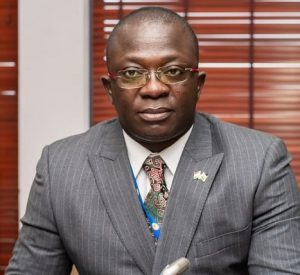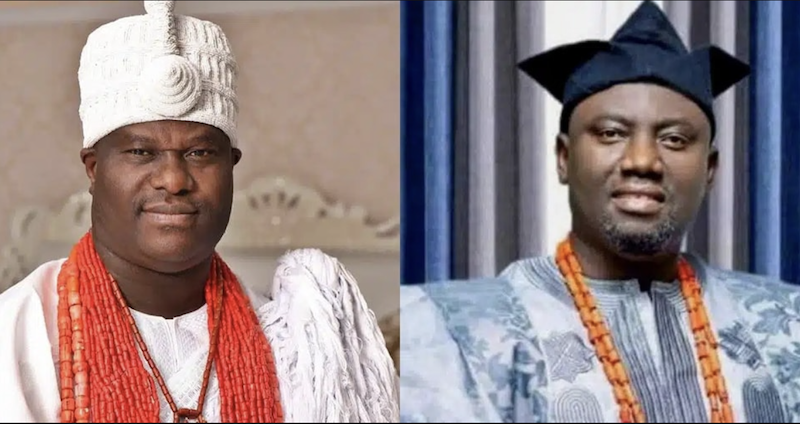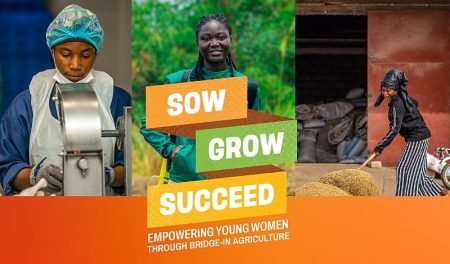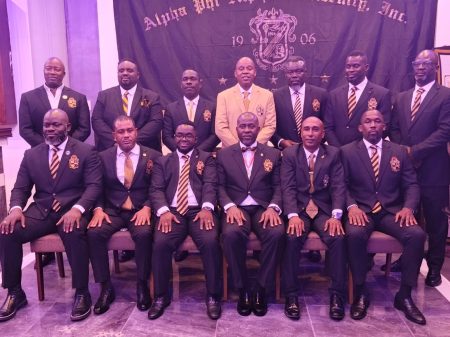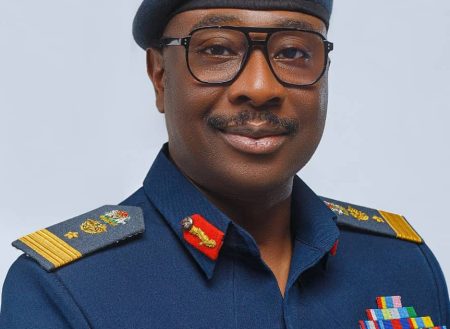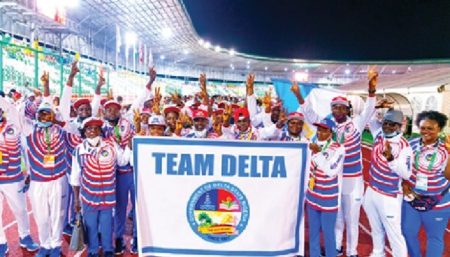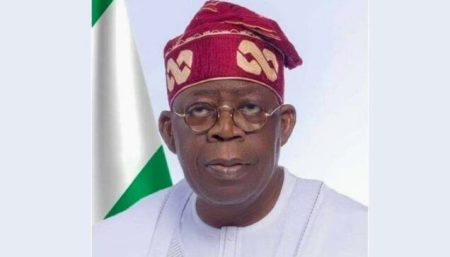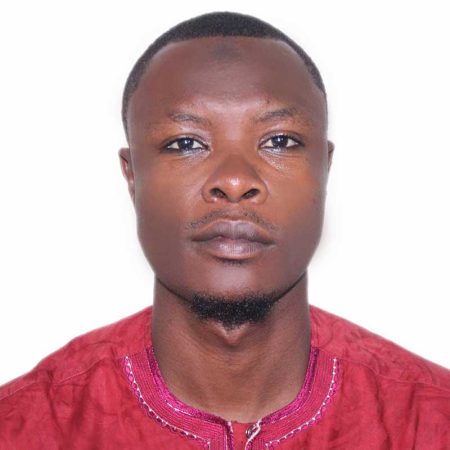The Yoruba people, a prominent ethnic group in southwestern Nigeria, face a myriad of challenges, notably insecurity, which demands the unified attention and action of their traditional leaders. The Ewi of Ado Ekiti, Oba Adeyemo Adejugbe, has issued a clarion call to two of the most prominent Yoruba monarchs, the Ooni of Ife, Oba Adeyeye Ogunwusi, and the Alaafin of Oyo, Oba Lamidi Adeyemi III (now deceased, succeeded by Oba Abimbola Owoade), urging them to transcend petty differences and focus on addressing the pressing issues confronting their people. This call comes amid social media narratives suggesting friction between the two revered monarchs, narratives that the Ewi has urged both parties to handle with tact and wisdom.
The Ewi’s appeal underscores the critical need for unity and collaboration among Yoruba leaders, particularly in the face of escalating insecurity. He emphasizes that the current situation is not a time for division over trivial matters. Rather, it is a time for the Ooni and the Alaafin, both highly educated and globally connected individuals, to leverage their influence, resources, and experience to champion the cause of peace, security, and social development within the Yoruba nation and the wider Nigerian context. Their combined efforts can make a significant difference in tackling the complex challenges facing the region, including bolstering security measures, promoting peaceful coexistence, and fostering sustainable development initiatives.
The conferment of the Atobatele of Ado Ekiti chieftaincy title on Prince Tajudeen Olusi, Chairman of the Lagos Governor’s Advisory Council, served as the backdrop for the Ewi’s pronouncements. This recognition of Olusi’s lifelong contributions to education, community service, and cultural development further highlights the importance of recognizing and celebrating individuals who dedicate themselves to the betterment of the Yoruba community. The Ewi’s words resonate with the sentiment that collective progress requires honoring those who exemplify service and commitment to the common good.
The Ewi’s call for unity extends beyond the Ooni and the Alaafin, encompassing all Yoruba leaders and highlighting the importance of shared responsibility. He stresses that the issues at hand, especially insecurity, require a concerted effort from all stakeholders. He emphasizes the need for a collective approach, where traditional rulers, political leaders, community figures, and the populace work together to address the root causes of insecurity and build a more secure and prosperous future for the Yoruba people.
The focus on insecurity underscores the gravity of the situation and its impact on the Yoruba community. Kidnappings, banditry, and communal clashes have disrupted lives and livelihoods, creating a climate of fear and uncertainty. The Ewi’s call to action is a plea for concerted efforts to combat these threats and restore peace and stability to the region. This includes strengthening security agencies, promoting community policing initiatives, and addressing the underlying socio-economic factors that contribute to insecurity.
Moreover, the Ewi’s emphasis on the Ooni and Alaafin’s “exposure, worldwide connections and considerable wealth” points to the potential for leveraging these resources to drive positive change. Their influence and access to global networks can be instrumental in attracting investment, fostering development partnerships, and promoting the Yoruba culture on a global stage. This can contribute to economic growth, job creation, and improved living standards, further bolstering the region’s resilience against insecurity. By combining their resources and influence, the traditional rulers can amplify their impact and contribute significantly to the overall development of the Yoruba community. Furthermore, by working together, they can set an example for other leaders and inspire a greater sense of unity and purpose within the Yoruba nation.


